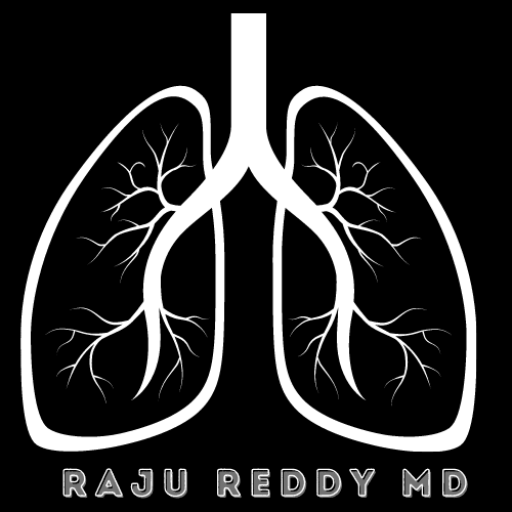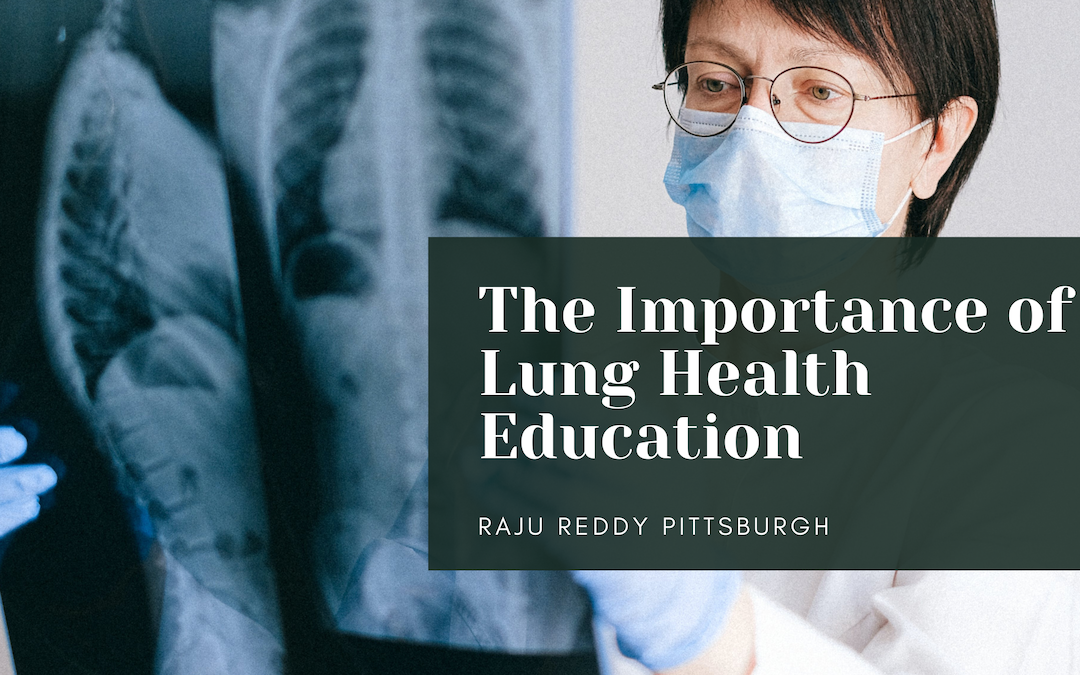When it comes to overall health, many people often overlook the vital role that our lungs play. These essential organs provide our bodies with the oxygen necessary for survival, making lung health a crucial aspect of well-being. However, despite their significance, lung health is frequently taken for granted. This is where lung health education emphasizes the importance of understanding and caring for our lungs to lead healthier lives.
- Raising Awareness:
Lung health education is a powerful tool to raise awareness about maintaining healthy lungs. It informs individuals about the risks of poor lung health, such as smoking, pollution, and respiratory diseases. People are more likely to take proactive steps to protect their lungs by providing knowledge and information.
- Prevention of Lung Diseases:
Many lung diseases are preventable or manageable with the proper knowledge and early intervention. Lung health education can help individuals recognize these diseases’ warning signs and risk factors. It enables them to take preventive measures, seek early diagnosis, and make healthier lifestyle choices.
- Smoking Cessation:
One of the most significant threats to lung health is smoking. Lung health education can play a pivotal role in encouraging smoking cessation by educating individuals about the devastating effects of smoking on the lungs and overall health. It can provide resources and support for quitting this harmful habit.
- Environmental Awareness:
Indoor and outdoor air pollution can negatively impact lung health. Educational initiatives can inform people about the sources of pollution and ways to reduce exposure. This knowledge empowers individuals to advocate for cleaner environments, which benefit lung health and the planet’s health.
- Empowering Patients:
Lung health education empowers patients to become active participants in their healthcare. It helps individuals understand their lung conditions, treatments, and the significance of adhering to prescribed therapies. Informed patients are more likely to address their health effectively, improving their quality of life.
- Supporting Caregivers:
Lung diseases can be challenging for both patients and their caregivers. Education equips caregivers to understand better the disease, its progression, and how to provide support. This knowledge can lead to better caregiving and improved patient outcomes.
- Reducing Healthcare Costs:
Preventing and managing lung diseases through education can lead to significant cost savings in healthcare. Early detection and intervention, along with promoting healthy behaviors, can reduce the financial burden on healthcare systems and individuals.
In conclusion, lung health education is essential for promoting a healthier society. It is a preventive measure, helps individuals make informed choices, and empowers patients and caregivers. By increasing awareness and understanding of lung health, we can reduce the prevalence of lung diseases, improve overall well-being, and contribute to a healthier, more informed world. It’s time to recognize the crucial role that lung health education plays in shaping a brighter and healthier future for us all.

